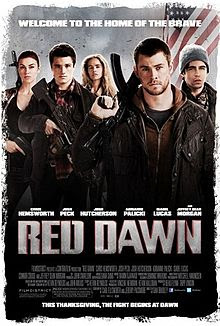
The Senate did something good on Thursday -- and we, the people, made it happen.
The Senate adopted an amendment to the FY2013 National Defense Authorization Act (NDAA) offered by Senators Jeff Merkley (D-OR) and Rand Paul (R-KY) stating support for an accelerated transition and drawdown in Afghanistan. That's voting the people's will: as far back as last April sixty percent of us wanted out, including 65 percent of those who planned to vote for Obama and 59 percent of "independents." Heck, even 49 percent of those who planned to vote for Romney wanted out.
Thursday's vote was the first majority vote ever in either the House or the Senate calling for an end to the war in Afghanistan, according to PeaceAction West.
No -- this vote doesn't mean the U.S. will actually be leaving very soon. Ultimately, that's up to the President. He's set the end of 2014 as the date. But what it does do is strengthen Obama's hand when generals and American-exceptionalist imperial enthusiasts come up with demands for huge "residual" forces to stay behind.
Will the peace movement be ready to claim this as our victory? I hope so. No, it's not what we want. If some of us had our way, the U.S. never would have gone blundering into Afghanistan in the first place. And most all of us have said "enough already" for about 10 years now. But our military and hawks can't admit the U.S. has lost a war against Central Asian tribesmen, so the dying goes on. For years, that's all the Afghanistan conflict has been about: saving face. And for years the peace movement has worked to inform and persuade our fellow citizens about what a complete piece of shit the whole enterprise was.
Obama's deal is that the U.S. will name the date for our departure and those who need it can keep lying about what they've achieved. (Nothing good.) The peace movement would like the U.S. state to swear off invading other people's countries, but we aren't going to get that.
But we have to learn to value what we can win and that's withdrawal of U.S. forces from Afghanistan. Oh sure, there will be more face saving "agreements" and we'll send in the spooks -- but that isn't going to prove much. Doubt me? -- look at Iraq.
The peace movement's job is to stop these arrogant fools from starting the next war.






























